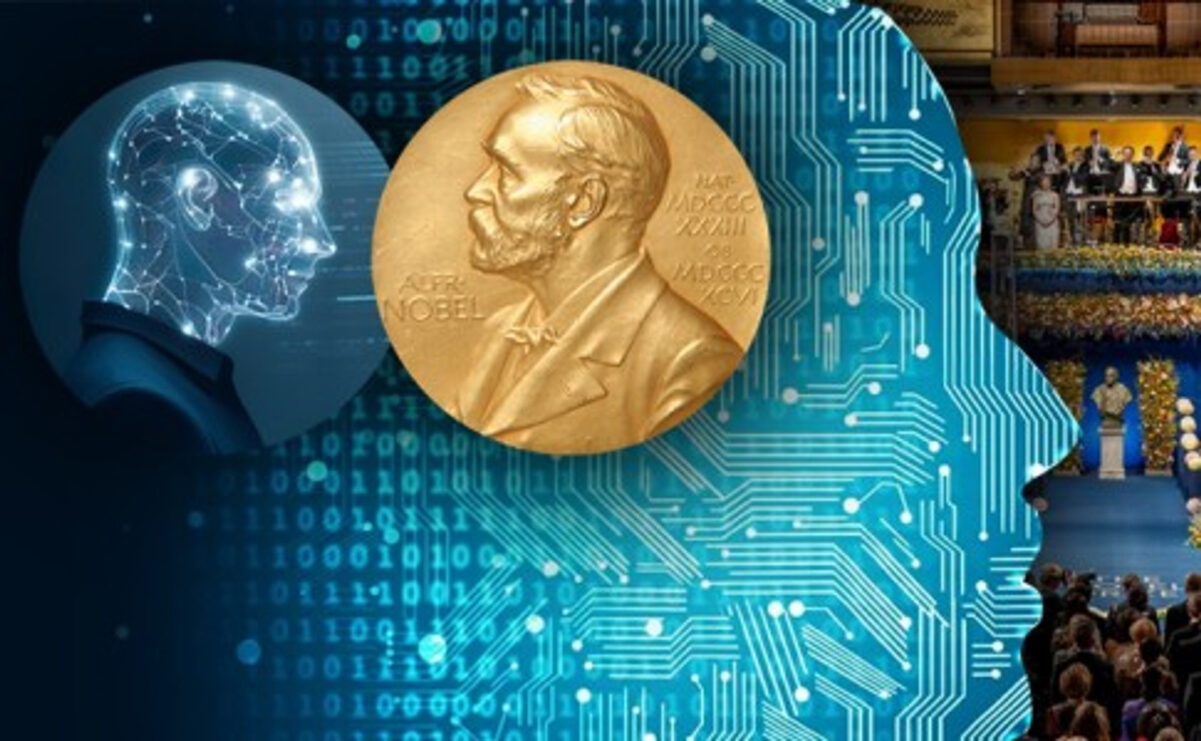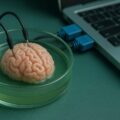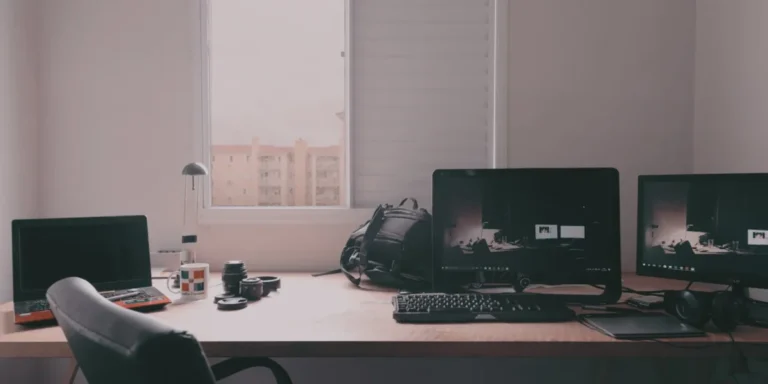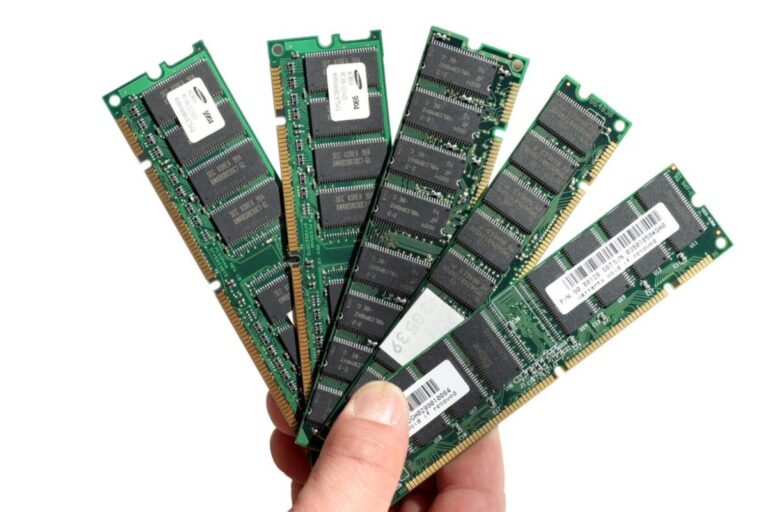
How Artificial Intelligence Is Changing Science and Could It Win a Nobel Prize
Artificial intelligence is no longer just a tool it is a full-fledged participant in the scientific process, changing the way we understand the creation of knowledge in the 21st century. The pace of AI integration into scientific research is impressive: in just a few years, machine learning systems have learned not only to process complex data, but also to design experiments and even formulate hypotheses. In this context, more and more specialists are discussing the question: can artificial intelligence reach the level where it is able to create a discovery worthy of the Nobel Prize?
In 2016, biologist and Sony AI head Hiroaki Kitano set the scientific community an ambitious task to create an AI system capable of making a Nobel-level discovery. This is how the Nobel Turing Challenge project appeared, which defines a machine’s victory as achieving the standard of the most outstanding human discoveries. According to the authors, by 2050 artificial intelligence must learn to autonomously generate hypotheses, plan experiments, and analyze results that is, to independently create a world-class discovery.
Optimism and Skepticism Among Scientists
Despite unprecedented progress, views on AI’s potential in science remain divided. Some experts are confident that the achievement is near, while others urge caution.
Ross King, a chemical engineering researcher at the University of Cambridge and one of the organizers of the challenge, openly states:
“I am almost certain that AI systems will reach the level that will allow them to win a Nobel Prize. The only question is whether it will take 50 years or 10.”
At the same time, Yolanda Gil from the University of Southern California believes that current models, which are based on human knowledge, are not able to create truly new ideas. In her opinion, a breakthrough requires radical changes both in AI development approaches and in the level of funding.
“If the government invested a billion dollars in fundamental research tomorrow, progress would accelerate significantly,” the researcher emphasizes.
The Nobel Summit: People or Machines
Discoveries that claim the Nobel Prize must bring the greatest benefit to humanity. According to the rules, only living people or scientific institutions can receive the award. In recent years, machine learning algorithms have already driven breakthrough discoveries.
In 2024, the Physics Prize went to pioneers of machine learning, while the Chemistry Prize was awarded to the creators of AlphaFold from Google DeepMind, which predicts the 3D structure of proteins. However, these awards went to the authors of the technologies, not the machines themselves: “For AI to receive a prize for its own achievement, the research must be fully or predominantly autonomous. The system must independently choose the question, plan experiments, and analyze data. And this is already happening.”
The First Wave: Autonomous Laboratories and Machine Science
Today, laboratories exist worldwide where part of the work is already performed by AI.
Professor Gabe Gomez from Carnegie Mellon University created Coscientist a system that plans and conducts complex chemical reactions in a robotic laboratory. One of its models solved a computational problem in half an hour, while a graduate student struggled with it for a year.
In Tokyo, the company Sakana AI is automating machine learning research, and Google is testing chatbots capable of generating ideas for teams.
The Second Wave: Machine Discovery of Hypotheses
A new level is AI that not only analyzes data but also finds missed insights in complex arrays of scientific results.
James Zou from Stanford has already demonstrated how an algorithm finds important connections in biomedical data, such as between COVID-19 and immune cell swelling. It is precisely such algorithms, which test hypotheses by analyzing scientific articles, that are changing the perception of the possibilities of machine science.
Conferences of the Future: AI Writes and Reviews Papers
In October 2025, Zou is organizing the first virtual Agents4Science conference, where artificial intelligence will not only write but also review scientific papers together with humans. This is an important attempt to overcome the main problems of modern AI hallucinations, lack of result verification, and the complexity of data interpretation.
The Third Wave: Full Autonomy and the Nobel Breakthrough
Scientists predict that the third wave is AI that sets its own questions and conducts experiments without human involvement.
FutureHouse head Sam Rodriguez explains: this level may lead to breakthroughs in materials science or in research on Parkinson’s and Alzheimer’s diseases as early as 2030. It is precisely in these areas that humanity needs fundamentally new approaches and here machines can help.
Biology That Changes Medicine: Discovery of the Year
The Nobel Prize in Physiology or Medicine 2025 was awarded to three scientists Maria Brunkow, Fred Ramsdell, and Shimon Sakaguchi for fundamental studies of immune tolerance mechanisms. Their work revealed a class of so-called regulatory T cells, which “brake” autoimmune reactions in the body.
“They provided fundamental knowledge about the regulation of the immune system,” said Nobel Committee member Marie Wahren-Herlenius at the press conference.
How It Works: New Cells New Therapies
T cells, known as the “fighters” of immunity, attack infected or cancer cells. However, back in 1995, Sakaguchi discovered their small subgroup regulatory T cells, which “brake” the immune response. Mice lacking these cells suffered from severe autoimmune diseases, and adding the cells stopped the disease.
Brunkow and Ramsdell discovered the Foxp3 gene, critical for the development of regulatory T cells. “This radically changed our view of many diseases and continues to do so,” notes immunologist Ann Pesenacker from London.
Prospects for Treating Autoimmune Diseases
Today, the study of regulatory T cells has become the basis for new therapies for diabetes, arthritis, and sclerosis. “Without these initial findings and the entire field they launched we would not have reached the stage where we are talking about possible cures,” emphasizes immunologist Samantha Baktraut. Pharmaceutical companies are launching dozens of clinical studies using these cells to treat severe immune disorders.
An analytical review of recent developments in science and medicine shows: artificial intelligence is gradually moving from the role of a “tool” to the level of an active participant in discoveries. Machines are already helping to uncover new disease mechanisms, develop drugs, and analyze data with efficiency unattainable by humans. However, the issue of autonomy and creativity remains open: no Nobel Prize has yet been awarded to a machine.
The path to truly independent machine discoveries lies through the development of the “third wave” full system autonomy. According to experts, this leap may happen within the next decades.
All key facts and findings, scientists’ quotes, and the discoveries described are confirmed by independent sources and reflect real trends in global science.
The answer to the question “will AI become a Nobel laureate?” today no longer looks like science fiction, but rather a matter of time, funding, and the boldness of researchers themselves.













